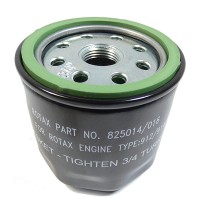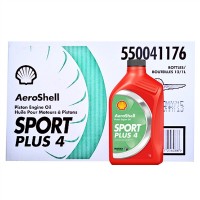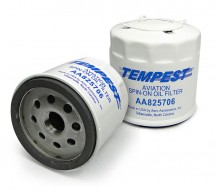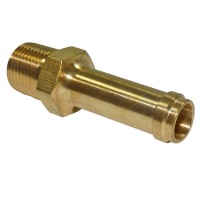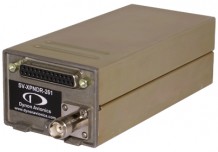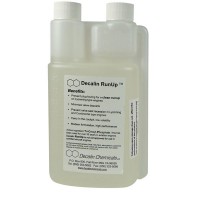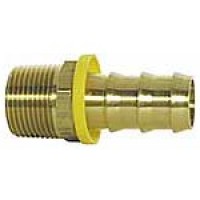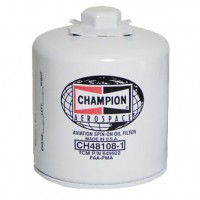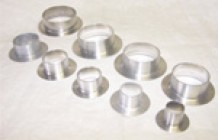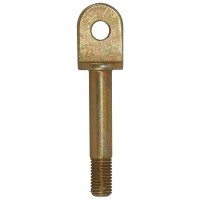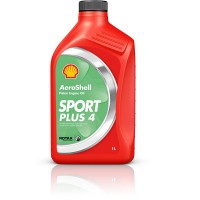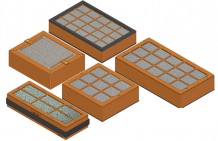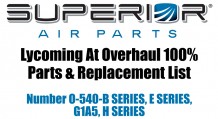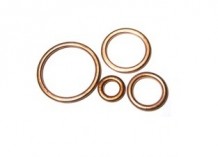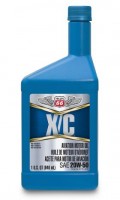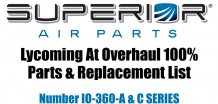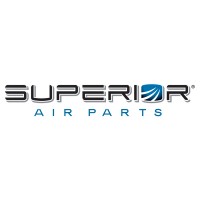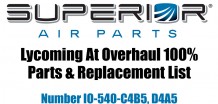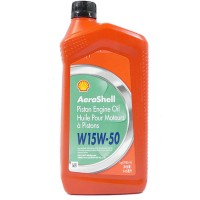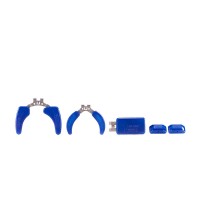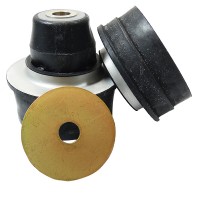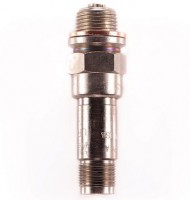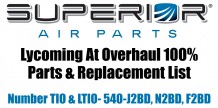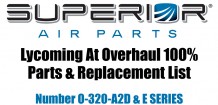Remote Oil Thermostat (Unit Only)
MFR Model# 210117 (1070)
Overview
|
Remote Oil Thermostat Avoid problems associated with cold engine oil and excessive wear by installing an oil thermostat. An oil thermostat provides quick engine warm up in extreme cold climates yet will assure cooling when needed. The remote oil thermostat has, fail safe features that are built in to help avoid all possible problems. When oil temperature exceeds 180°F the thermostatic valve closes, allowing 95% flow through the oil cooler. At temperatures below 180°F the valve is open, with 90% of the oil bypassing the cooler. The remaining 10% of the oil flows through the cooler, maintaining constant system pressure, preventing air pockets and eliminating cold oil shock. Flows up to 20 gallons per minute (GPM). Rated to 200 psi. The valve is partially open when cold, to allow oil in cooler system to be pre-warmed or to avoid air pockets. When the valve is closed, it has a slight relief to make up for restrictions elsewhere in the system such as a stacked plate coil, a coil that is too small, or small restrictive oil lines. The thermostat begins to activate between 180F and 190F (82c and 88c). The valve closes and forces the oil through the oil cooler coil, thus cooling the oil. The oil cooler coil remains full of oil at all times, and avoids trapping air or foaming the oil. Each pre-tested thermostat can handle flow rates up to 200 GPM (750 LPM), and pressure rates up to 200 psi. Valve has provision for wire attachment to firewall or fixed point. |
WARNING: Cancer and Reproductive Harm - www.P65Warnings.ca.gov. |
Documents
Q&A
Please note, Aircraft Spruce's personnel are not certified aircraft mechanics and can only provide general support and ideas, which should not be relied upon or implemented in lieu of consulting an A&P or other qualified technician. Aircraft Spruce assumes no responsibility or liability for any issue or problem which may arise from any repair, modification or other work done from this knowledge base. Any product eligibility information provided here is based on general application guides and we recommend always referring to your specific aircraft parts manual, the parts manufacturer or consulting with a qualified mechanic.
Per the supplier: They are 1/2" NPT.
It weighs a little over 1/2 lb. 4" L x 3" W x 2.5" H








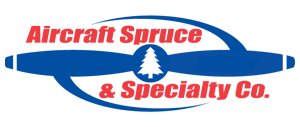 FREE Shipping
FREE Shipping
